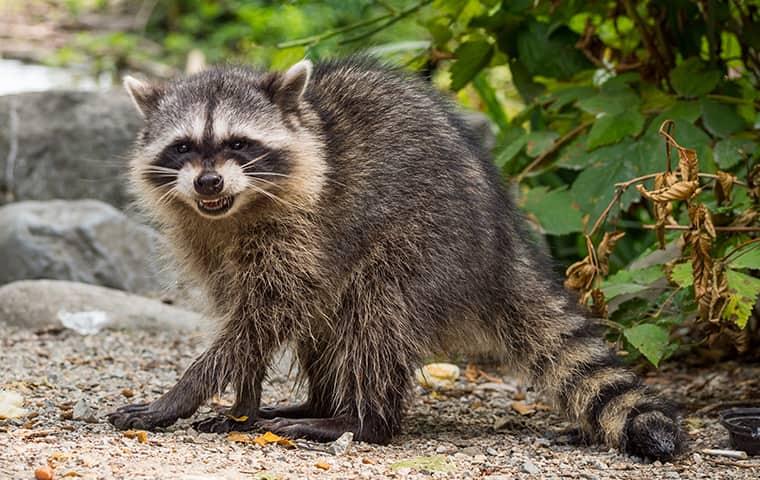How To Effectively Prevent Nuisance Wildlife In Alabama
December 20, 2022
Many wild creatures here in Alabama like to spend time on residential properties. Some species are completely harmless and cause minimal problems. Others are a huge issue with the way they rifle through trash cans, tear up landscaping, and threaten disease. Today we will discuss how to address different types of wildlife and what options you have for pest control in Alabama to handle problematic species. Call Havard Pest Control now to learn more about our wildlife control options and discover a simple solution to pest problems on your property.

Common Types Of Wildlife That Invade Alabama Properties
There are many types of wild animals that might invade your Alabama property. The most common invasive species are raccoons, squirrels, skunks, opossums, mice, rats, and wasps. All of these local pests like to nest near homes for various reasons. All wildlife are not, however, created equal. Mice and rats will not just settle on your property but will also invade living areas if given a chance. Raccoons, skunks, and opossums will take shelter under porches, clutter, and inside outbuildings. Wasps like to build their nests higher up inside trees, on the side of buildings, and inside abandoned structures. To identify what types of wildlife are on your property, bring in our team for a quick inspection.
The Dangers Nuisance Wildlife Brings
Before we talk about wildlife removal and other wildlife pest control options, we think it is important that you know why wild animals are a problem. Most furry pests carry fleas and ticks. These small parasitic bugs climb off into outbuildings, porches, and sometimes even find their way into homes. Mice and rats carry diseases inside and on their bodies that can threaten residents of the buildings they invade. Pests like wasps and bees have painful stingers, which they use to scare off potential threats to their nests. They can section off areas of your yard with their aggressive and protective behaviors. Finally, skunks spray people and animals. This spray, as you might know, smells awful and can cause corneal damage, skin irritation, and other minor medical problems.
Five Easy And Effective Wildlife Prevention Tips
You do not have to be a wildlife expert to implement some simple prevention tips and deter wild animals from your property. If you have some time today, here are five simple prevention strategies to help keep wild pests at bay.
- Remove sources of water build-up from your property.
- Install a fence around your yard and garden.
- Clean up thoroughly after hosting outdoor gatherings.
- Make sure all of your trash cans have tight-fitting, pest-proof lids.
- Address clutter in your yard and keep up with general lawn and landscaping maintenance.
If you are dealing with a recurrent wildlife problem on your property, it is best to call in a wildlife expert. We have many great options for local wildlife removal at Havard Pest Control.
Wildlife Control Made Easy For Alabama Homeowners
There isn't much you need to know about wildlife control in Alabama. What is most important is that you find a company you can trust. At Havard Pest Control, we do everything in our power to provide top-tier services to assist members of our community with harmful and destructive wildlife threats. Let us pay your property a visit today to assess the condition of your pest problems. We will identify where wild animals are sheltering on your property and implement fast-working tactics to remove them.
Call today if you need more information about wildlife control services from Havard Pest Control and schedule an appointment for your Alabama property.
Previous Next







